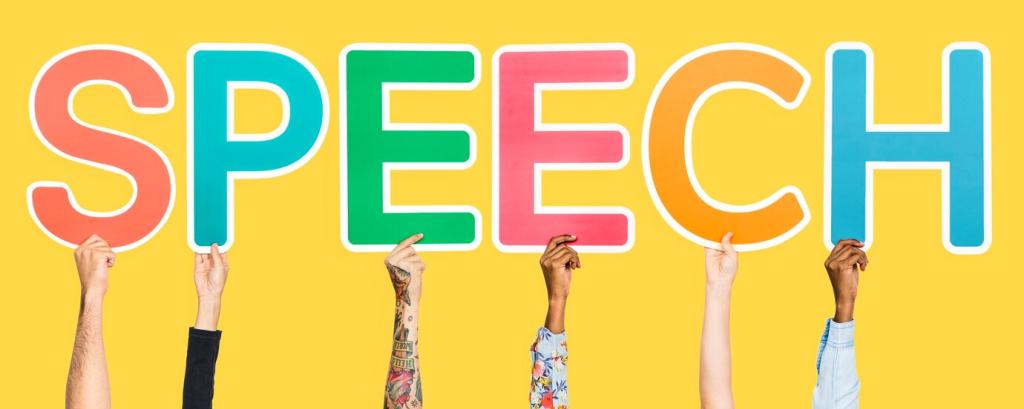Benefits of Language Learning for Cultural Awareness
Exploring new languages does far more than expand your communication skills—it opens doors to understanding the world from new perspectives. Language learning is a powerful tool that bridges cultures, encourages global empathy, and fosters meaningful cross-cultural connections. This page examines how gaining proficiency in a new language enhances your awareness and appreciation of diverse cultures.

The Role of Language in Shaping Perspectives
Every language carries unique worldviews embedded in its structure, idioms, and expressions. As learners immerse themselves in a new linguistic system, they naturally begin to think in ways shaped by that language’s cultural logic. For example, the forms of politeness or directness in conversation can give learners insight into what a culture values in social interactions. This subtle adjustment in thinking helps break down ethnocentric attitudes and builds empathy for other worldviews, promoting genuine intercultural understanding.
Bridging Communication Barriers
The ability to converse in another language removes obstacles that often impede authentic connection between people from different backgrounds. It allows for direct, unfiltered communication where meanings are less likely to be lost in translation. This fosters smoother and more meaningful interactions, providing insights that cannot be gleaned from translated texts or mediated communication. As a result, learners develop a nuanced appreciation for the ways in which cultural context influences language and, conversely, how language reflects and preserves cultural identities.
Fostering Respect for Diversity
Exposure to a foreign language brings with it an inevitable encounter with unfamiliar customs, philosophies, and traditions. This exposure challenges preconceptions and encourages learners to see value in ways of life different from their own. Learning to navigate another culture’s etiquette and beliefs promotes adaptability and respect, nurturing a mindset that appreciates diversity rather than fears it. Over time, language learners often become advocates for inclusivity, guided by their firsthand experience of difference.

Understanding Cultural Nuances and Realities
By learning a language, individuals are exposed to cultural norms, humor, and historical references that are often inaccessible through translation. These layers of meaning are essential for truly understanding the daily realities and emotional undertones of another culture. Engaging with such nuances in conversation and cultural materials helps learners move beyond superficial knowledge, developing a well-rounded and heartfelt appreciation of diverse worldviews. This depth of insight is instrumental in fostering genuine global empathy.
Emotional Connection through Cultural Stories
Stories, sayings, and customs lose much of their emotional resonance when filtered through another language. When learners absorb them in their original form, they develop a more profound connection to the people and values they represent. Experiencing art, literature, or music in its native language evokes emotions and understandings that foster sincere empathy. This connection enables learners to relate to individuals from other cultures on a more personal, humane level, seeing them as multifaceted individuals rather than as abstract representatives of their country or group.
Adapting to New Social Contexts
Grasping the social expectations embedded in another language—such as modes of address or forms of hospitality—often requires learners to step outside their cultural comfort zone. This adaptability builds sensitivity to social differences, encouraging learners to approach unfamiliar situations with humility and an open mind. Such experiences expand their ability to interact thoughtfully and compassionately in diverse environments, which is crucial for positive global engagement.
Join our mailing list
